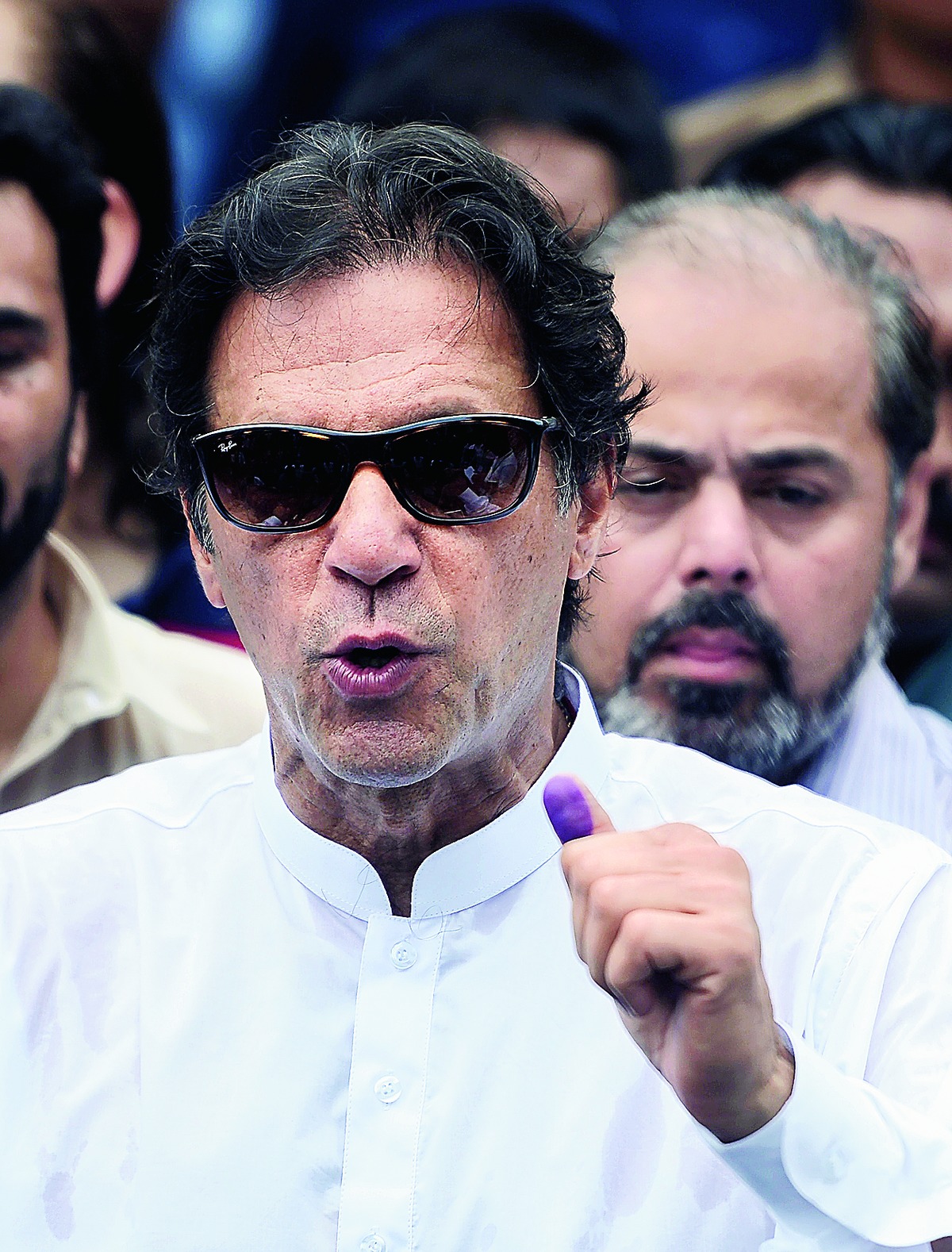
New Delhi: Three members of the minority Hindu community of Pakistan have been elected from general seats - one to the National Assembly and two to the Sindh Provincial Assembly - in the just concluded elections.
All three candidates were fielded by the Pakistan People's Party (PPP) in Sindh, which has the largest Hindu population in the country. While Hindus make up 1.6 per cent of the population, in Sindh they constitute 6.51 per cent.
This will be the second time a Hindu will represent a general seat in the National Assembly.
After the joint electoral system was restored in 2002, this is the first time that a non-Muslim has got elected from a general seat to the National Assembly.
This is no mean achievement even though Hindus make up 41 per cent of Tharparkar's population.
Similarly, the neighbouring Mirpur Khas Provincial Assembly segment - which has elected another member of the minority community - also has a sizeable Hindu population (33 per cent).
But Hindus have a negligible presence in Jamshoro, the other provincial Assembly segment which will now be represented by a member of the community.
Mahesh Malani, the Pakistani Hindu Rajasthani Pushkarna Brahmin politician, who has been elected to the National Assembly, had entered the Sindh Assembly in the 2013 elections on a general seat, making this a gradual progression up Pakistan's federal structure.
Pakistan's Constitution allows reservation of 10 seats in the National Assembly for minorities and this was divided among the parties as per their strength in the House.
But this route to power did not get minorities much of a say in the country's politics as the quota system is viewed as a way for political parties to dole out patronage.
PTI adds from Lahore: Imran Khan's party plans to form the government in Punjab, the most populated province of the country, with the help of independents even as the Pakistan Muslim League-Nawaz (PML-N), is slightly ahead in the state.
With 127 seats won, the PML-N, which ruled the province of over 100 million for the last two terms from 2008-2018, has failed to secure a simple majority to form the government.
In the 297-member House, 149 seats are required to form the government.
Khan's Pakistan Tehreek-i-Insaf (PTI) bagged 123 seats and its ally PML-Q got seven.
As many as 27 seats have gone to independent candidates, most of whom parted ways with the PML-N before the polls and chose to contest independently.
With an apparent inclination of the independents towards joining the PTI, Khan's party appeared to be in a comfortable position to form the government in Punjab.
"With PML-Q and Independent members, we will easily form the government in Punjab," PTI spokesman Fawad Chaudhry said on Friday.
He added that his party is in talks with the independents and claimed that most of them will soon announce joining PTI.
"We will find no problem in achieving the 149 number to form the government," Chaudhry said. Meanwhile, Hamza Shahbaz, son of PML-N president Shahbaz Sharif, said PTI should respect the PML-N mandate in Punjab.
"We have emerged single largest party in Punjab despite rigging and Mr Khan should respect our mandate and we should be allowed to form the government in the province," he said.
The names of PTI leaders Aleem Khan and Mahmoodur Rashid and PML-Q leader Chaudhry Pervaiz Elahi are doing the round for the chief minister's slot.

